Bank of England warns of 'economic shock' after no-deal Brexit
The Bank of England has warned of potential risks to financial stability in Britain and the European Union if London leaves the 28-member bloc without an agreement.
Mark Carney, the Governor of the Bank of England (BoE), told the House of Lords Economic Affairs Committee on Tuesday that a Brexit without an agreement could cause an "economic shock" for the country.
Carney warned that businesses and households across Britain as well as the EU were vulnerable even if a Brexit deal was clinched.
The BoE governor, however, said Britain’s preparations for a no-deal Brexit could help cushion the blow for the economy, adding that the British Central Bank had activated a swap line with the European Central Bank, which would provide euros in exchange for British pounds.
“Some disruption to cross-border services is possible and, in the absence of other actions by EU authorities, some potential risks to financial stability remain,” the BoE said in a statement.
"Although these would primarily affect EU households and businesses, they could also be expected to spill back to the UK in ways that cannot be fully anticipated and mitigated," it added.
The BoE also announced that it was stepping up its lending facilities for commercial banks over the next few months to tackle financial transactions after the Britain’s separation from the bloc.
In the run-up to Brexit day, British authorities, including the Bank of England, have agreed with the United States to maintain how multi-trillion-dollar financial transactions are carried out between the two countries.
Britain is on course to leave the EU on March 29 although there has been increasing talk of a possible delay.
Despite huge parliamentary opposition to her Brexit strategy, British Prime Minister Theresa May had indicated that she would be ready to bring Britain out of the EU with no deal at the end of March.
However, while trying to go through the Commons with the deal, the premier said last week that lawmakers could vote on extending Article 50 for another three months if the deal, signed off by EU in November, is rejected in a second vote on March 12.
Pro-Brexit lawmakers have insisted Britain will be better off in few years time if it leaves the EU with no deal on March 29. Opponents say a hard Brexit would create massive shocks for the British economy by negatively affecting jobs and businesses in the country.
Diplomat discourages recourse to pressure, intimidation, confrontation against Iran
UN: 2024 deadliest year for aid workers amid genocide in Gaza
Gaza health official warns of hospital shutdowns within 48 hours
Israel kills 5 more paramedics in southern Lebanon: Health ministry
Iran to launch ‘new, advanced’ centrifuges in response to IAEA resolution: AEOI
Yemen fires hypersonic missile at Israeli airbase
VIDEO | New Delhi chokes under toxic smog as air quality remains at hazardous levels
VIDEO | Press TV's news headlines


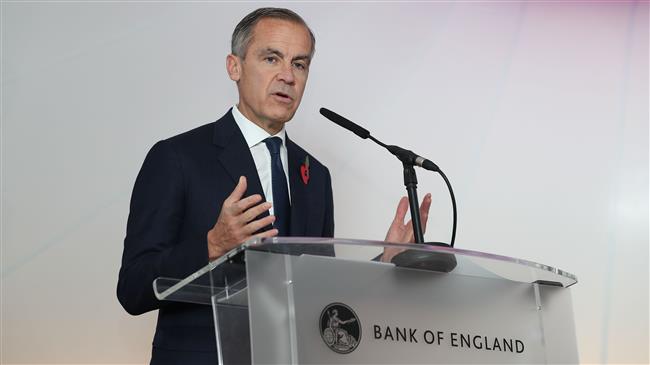







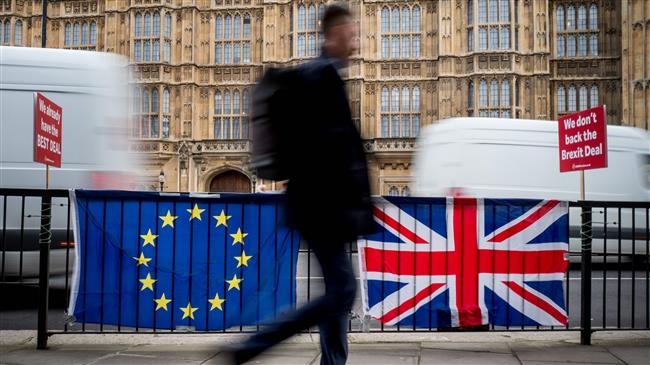
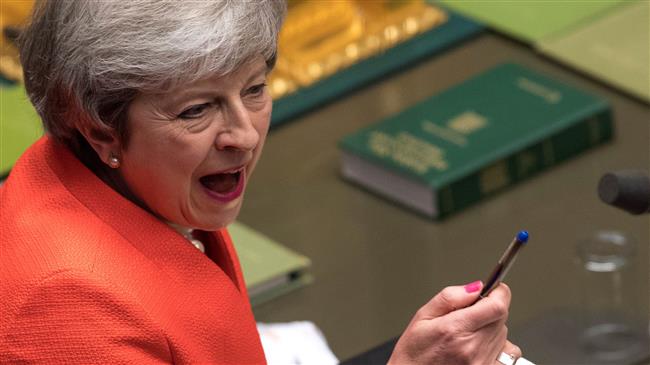
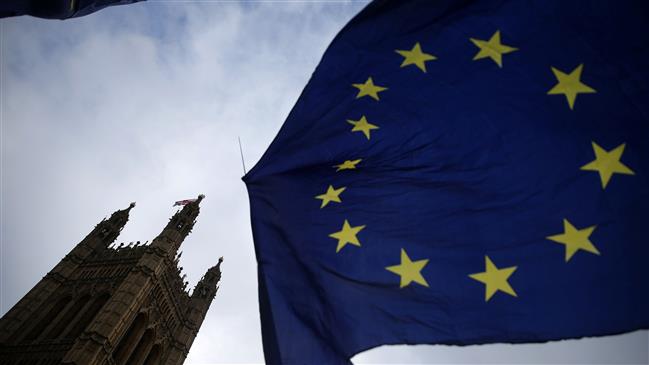
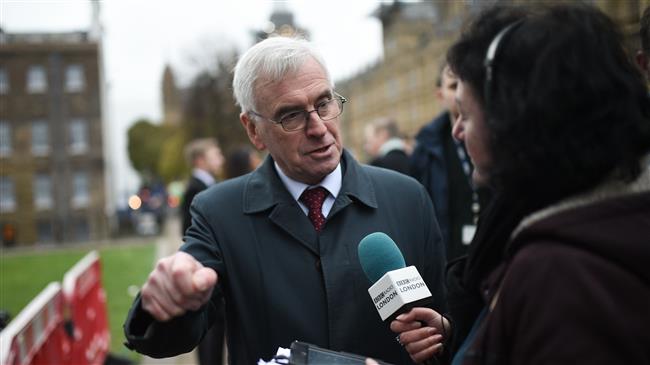


 This makes it easy to access the Press TV website
This makes it easy to access the Press TV website